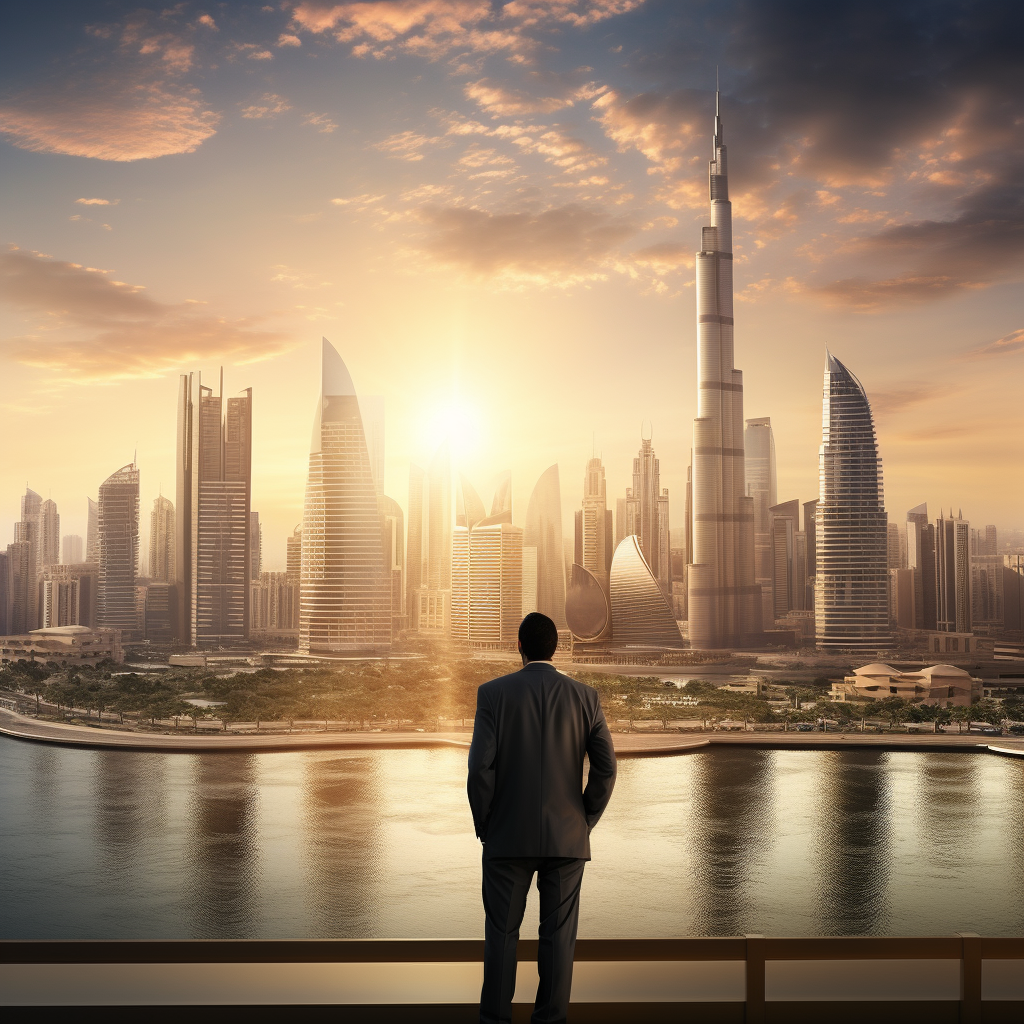The Middle East, a region historically perceived through the lens of its abundant oil reserves, is rapidly redefining itself as a beacon of innovation and transformation. This shift is not merely economic; it’s a comprehensive overhaul touching every facet of society, from governance and education to healthcare and environmental sustainability. As nations across the region embark on ambitious projects to diversify their economies, the global community watches in anticipation of the new opportunities that this transformation will unveil.
Technological Advancements
At the heart of the Middle East’s transformation is a bold embrace of technology. Countries like the United Arab Emirates and Saudi Arabia are leading the charge, investing heavily in digital infrastructure, artificial intelligence, and renewable energy projects. The Dubai Future Foundation and Neom in Saudi Arabia stand as testaments to the region’s commitment to futuristic technologies.
Economic Diversification
Beyond oil, the Middle East is diversifying its economic portfolio through tourism, finance, and the arts. Dubai’s Expo 2020 and Saudi Arabia’s Vision 2030 highlight the strategic shift towards creating knowledge-based economies, underscoring the importance of innovation in achieving sustainable growth.
Cultural and Social Implications
This era of innovation is also redefining the social and cultural landscape of the Middle East. Initiatives to boost female participation in the workforce and to foster a startup ecosystem are reshaping societal norms and encouraging a new generation of entrepreneurs.
The Middle East’s journey towards innovation and transformation is a vibrant narrative of resilience, vision, and ambition. As these nations navigate the challenges and opportunities of the 21st century, their success will not only redefine their role on the world stage but also offer valuable lessons in adaptation and forward-thinking.

